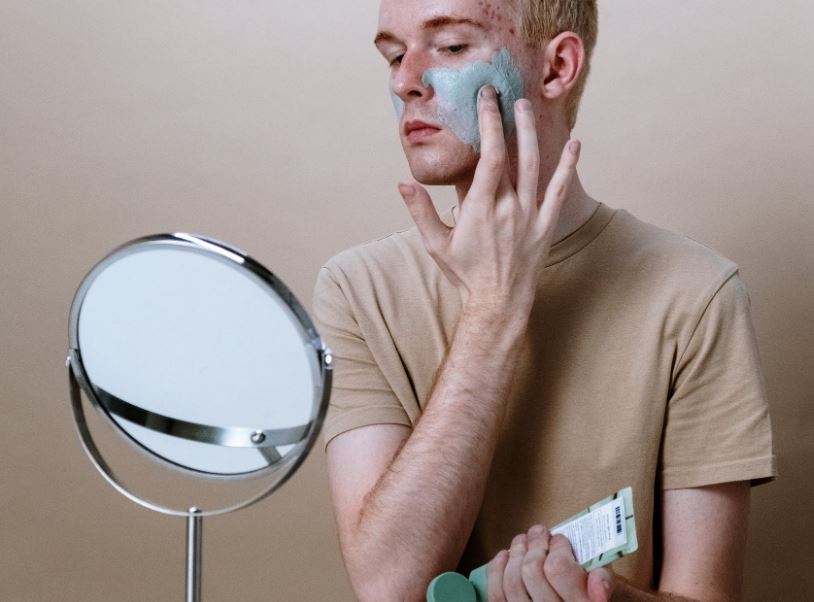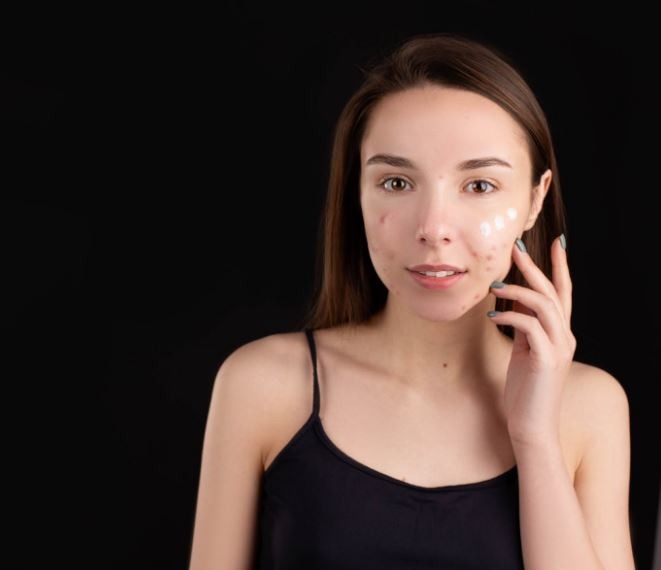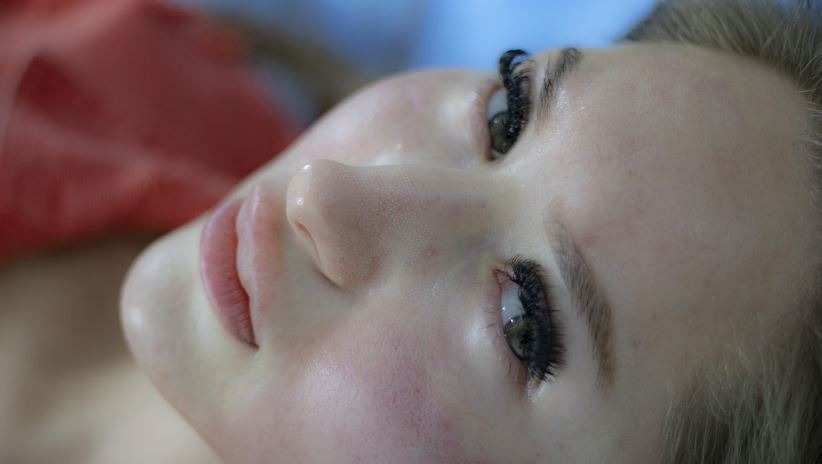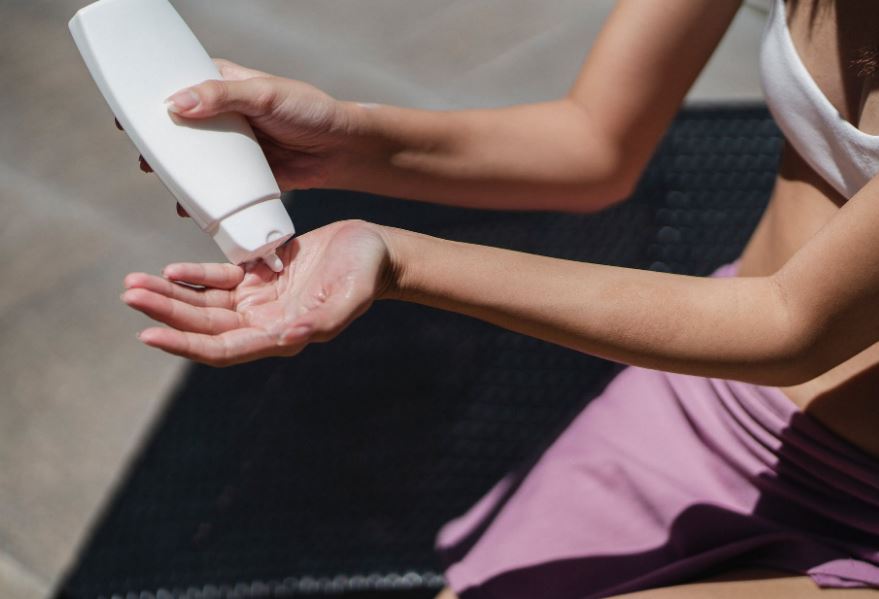ScarAway state that the sheets treat or prevent keloid scars, abnormal scarring due to injuries, and scars from surgeries, such as tummy tucks and cesarean deliveries. Unfortunately, using ScarAway for acne scarring is ineffective.
While acne scars will not disappear on their own, there are several methods for lightening or reducing their appearance. Here’s a closer look at the different acne scar treatments.
It is critical to consult with a healthcare professional or a dermatologist before beginning any treatment for acne scars. They can tell you the best way to reduce the appearance of your scars and ensure that the marks on your skin are scars and not another condition. Meanwhile, check out https://www.jokaroom.net/en/online-pokies/ to find the best online pokies in Australia for real money this 2022.
Alpha Hydroxy Acids (AHAs)
Alpha hydroxy acids (AHAs) are typically found in acne-treatment products to help prevent clogged pores and remove dead skin. Even better, AHAs can assist in making acne scars less visible.
The mild acid exfoliates the skin’s outer layer, which aids in the removal of rough skin and discoloration.
Salicylic Acid
You’ve almost certainly used salicylic acid to control your acne in the past; it’s in almost every acne treatment, from pads and lotions to spot treatments and face cleansers.
When applied topically, salicylic acid clears pores, reduces redness and swelling, and exfoliates the skin. It is among the most effective acne scar treatments. You can incorporate salicylic acid-containing products into your daily regimen, or your skincare specialist may utilize them for less frequent chemical peels.
When using salicylic acid, it may take a few weeks to notice a difference. It can also cause itchiness or dryness. You might need to try spot treating or use the product less frequently if your skin is sensitive.
Retinoids
Another acne scar treatment with scar-smoothing properties is topical retinoids. Retinoids can help make scars less visible and reduce discoloration and improve skin texture and speed up cell regeneration.
They can, however, make your skin extremely sensitive to the sun. When using anything containing retinoids, always wear sunscreen daily.
Over-the-counter retinoids serums and creams are available, but a healthcare professional might also prescribe higher concentrations. Search for products that include retinol as an active ingredient.
Lactic Acid
Lactic acid peels performed by a dermatologist once every two weeks for three months lightened acne scars and improved the skin’s appearance, texture, and pigmentation.
There are numerous lactic acid serums, peels, and ointments. Still, you can use diluted apple cider vinegar as a spot treatment or toner due to its natural lactic acid. However, apple cider vinegar and other at-home treatments can irritate sensitive skin.
Before beginning treatment with the product, you should always test them on a small skin area. If the product is applied to sensitive skin, there is a risk of irritation and inflammation, leading to post-inflammatory hyperpigmentation. On the other hand, here is a comprehensive guide you can use to compare the best online casino sa with the other online casino sites.
Dermabrasion
Dermabrasion is a popular and effective treatment for facial scars. While the general principle is the same as at-home microdermabrasion kits, healthcare professionals employ tools to exfoliate the skin’s top layer more deeply.
Laser Resurfacing
Laser resurfacing, like dermabrasion and chemical peels, removes the top layer of skin. This treatment usually heals faster than other resurfacing procedures.
However, you must keep the area bandaged until it is completely healed. This treatment is also not appropriate for anyone who is still experiencing breakouts, and it is less effective on darker skin.
Chemical Peels
These aren’t like the face masks you’d wear while binge-watching Netflix. A chemical peel employs a strong acid to remove the top layer of skin to reduce deeper scars.
Some chemical peels are gentle enough to use at home, but a health professional can provide a more concentrated solution with more significant results. There are many chemical peels, so consult with a healthcare professional to determine which one is best for you.
Injections
Corticosteroids, interferons, and chemotherapy drugs fluorouracil are among the medications that can be pumped into raised scars to help flatten and soften them (5-FU). The injections are typically given in a series every few weeks.
Fillers
Healthcare professionals use fillers to help even out skin by filling in the scars. Fillers can be created using your fat, collagen, or a commercial filler. They are injected beneath the skin’s surface to help swell up and smooth out depressed acne scars.
Most fillers last six to eighteen months before needing to be redone, but some are permanent.
Microneedling
On the surface of the scars, a handheld “pen” or a small, handheld, needle-studded roller is used in this newer treatment. The needles pierce the numbed skin — but not like a bullet! The skin produces collagen as it heals.
There is evidence that microneedling can help decrease the depth of acne scars. Still, it can take up to nine months to see results from this treatment. Aside from the slight fear factor, it is a safe treatment suitable for all skin tones.
Sunscreen
Yes, truly. It is critical to apply sunscreen to scars every day. Scars can darken due to sun exposure, making them more visible. If at-home acne scar treatments aren’t working, a healthcare professional or skin care specialist can assist you with your treatments.
Other Techniques
At first glance, it may seem absurd to remove a scar and presumably replace it with a new one, but plastic surgeons or dermatologists can remove a large scar while leaving behind a small scar that will fade as time passes.
A healthcare professional can also help lift the scar by easing the fibers beneath it, bringing it closer to the skin’s surface, and making it less visible. This is referred to as subcision.
Acne scars can be aggravating, but numerous treatments are available to make them less visible. Most scars are permanent, though a healthcare professional can assist you in locating the appropriate treatment to help reduce the appearance of your scars.
The most effective way to treat acne scars is to avoid them in the first place.
If you have fewer breakouts, you are less likely to develop acne scars. No matter how tempting it can get, avoid popping, picking, or squeezing any breakout to avoid irritating the skin and impairing the underlying tissue, leading to scarring.




